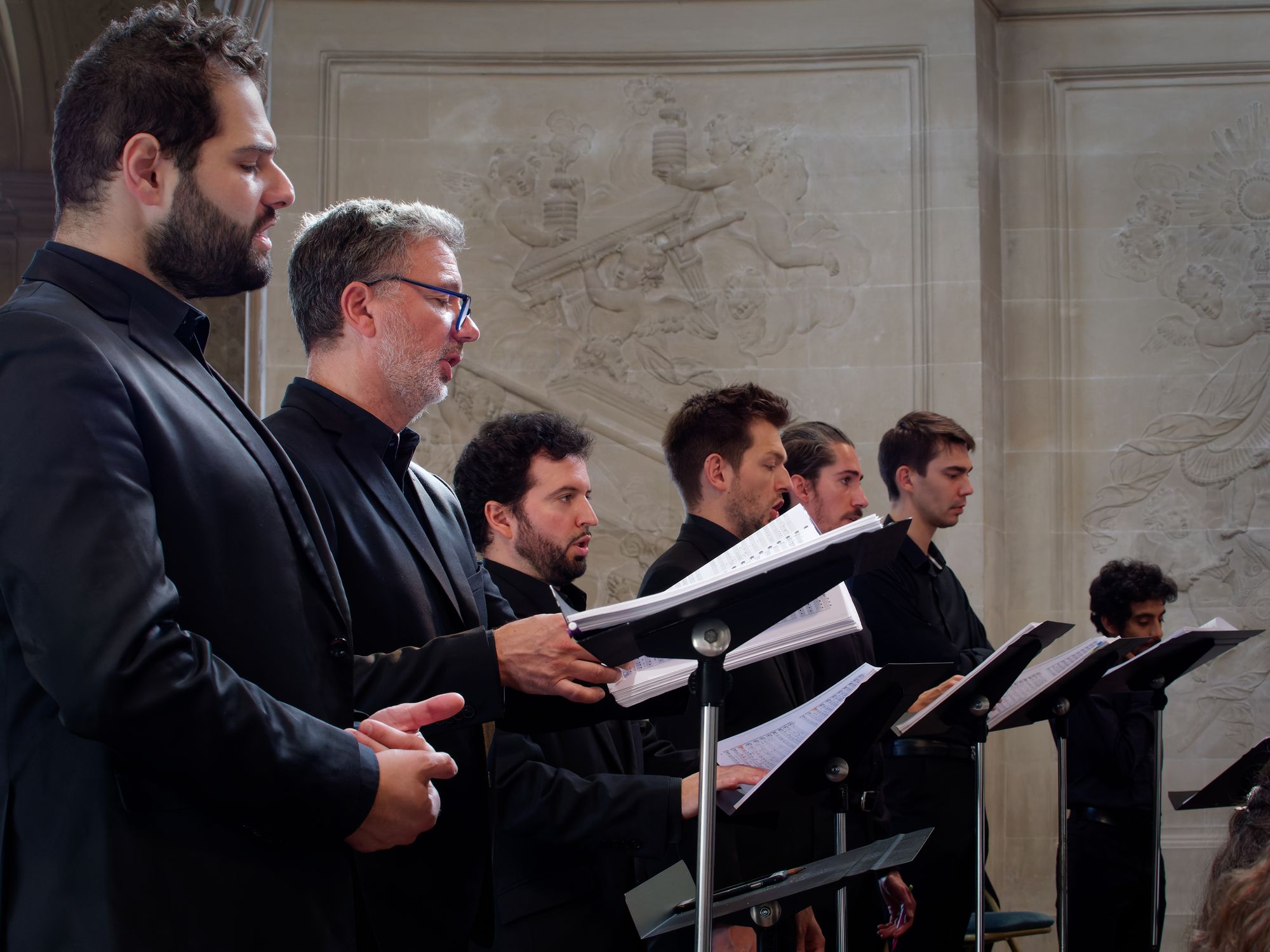Heavenly Gervais: Grands Motets pour Louis XV

Not Ricky: Chales-Hubert Gervais (1671-1744), a protégé of the Duc of Orléans, was Chapel Master of the Royal Chapel of King Louis XV of France from 1723 onwards. Gervais comes after Lully and Lalande. He was an opera composer primarily - his first success was with the opéra Hypermestre of 1726 - and a sense of the dramatic makes its way over to his sacred music, adding something of an Italian slant. Most of all though his music offers a glimpse ofthe glorious opulence of Versailles in this spectacular new recording.
The actual dates of composition of the works recorded here are unknown, although it is known they were in the Chapel Royal repertore by 1740; we also know Super Flumina Babylonis and Jubilate Deo were sung before the King until 1792
One can perghaps hear a dramatic influence in the chooir/ soloist exchanges and contrasts in “Et qui abduxerunt noc” from Gervais' setting of Psalm 137, Super flumina Babylonis.
It has been suggested that Gervais took Lalande’s setting of Super flumina Babylonis as a model. Here is a performance of the De Lalande (representations of his name vary - Delalande below) by Les Arts Florissants and William Christie - perhaps one can link the passage I cite above to Delalande's techniques in the “Hymnum cantate nobis” section of his work (from 6"32 to 8"56 in the YouTube below):
... and here is Les Ombres' performance:
Shimmying over now to the Psalm 100 and Gervais' setting of the Jubilate Deo. The use of two sopranos in parallel motion is magical: hardly surprising considering the soloists here are Marie Perbost and Deborah Cachet. Here’s the complete performance:
Gervais' writing is magificently inventive: the “Populus ejus,” forrgrounds tenor and oboes, contrasting with the decidedly happy final “Laudate nomen ejus”.
The Miserere (Psalm 51) begins with the weight of the World on its shoulders. Benoit Arnauld is the soloist in the first movement, full of remarkable sonorities. Yet as the piece continues, one realises this is a remarkably varied vista for a Miserere, with more than its fair share of major-key passages. The present performance is of rare beauty:
Performances throughout are faultless; and the engineers capture the aooustic perfectly.

This disc is part of the celebrations for Louis XV 1722-2022, and is the sixth in Chåteau de Versailles’ “Collection Grands Motets” series. Presentation is on a par with every other disc from Versailles: beautifully presented and illustrated, with in-depth notes.
